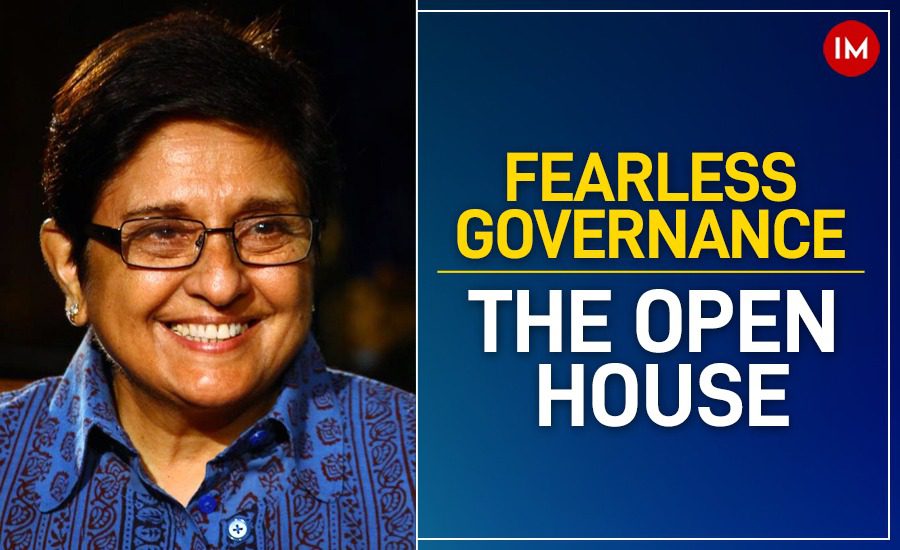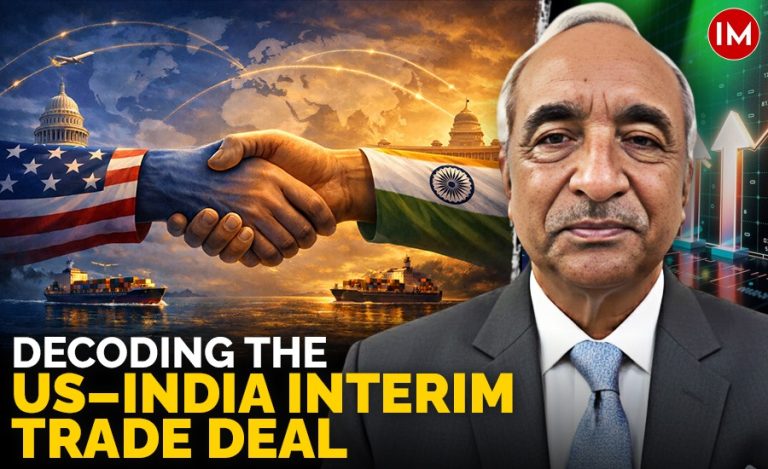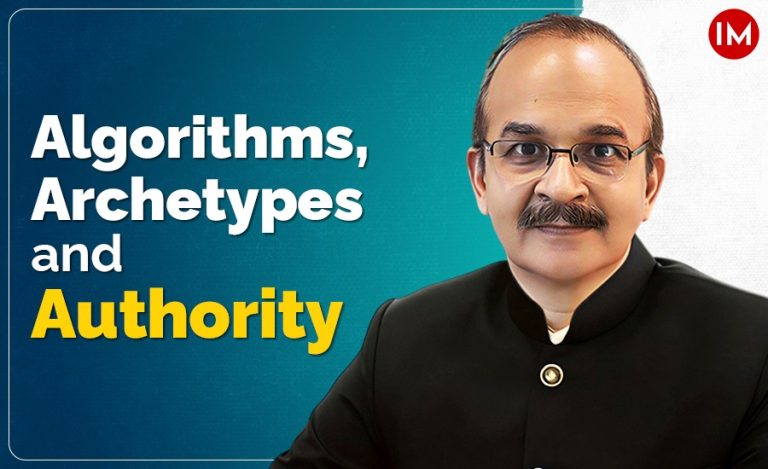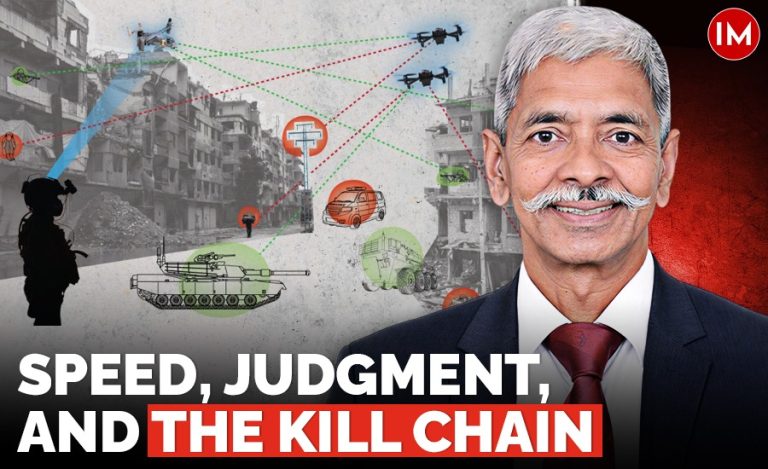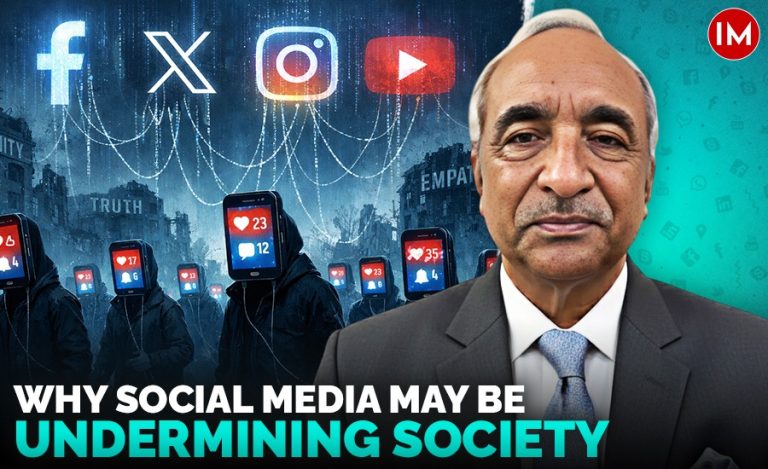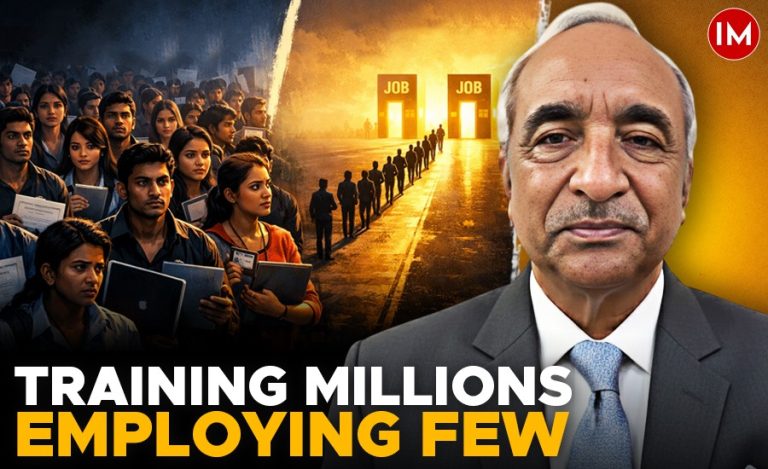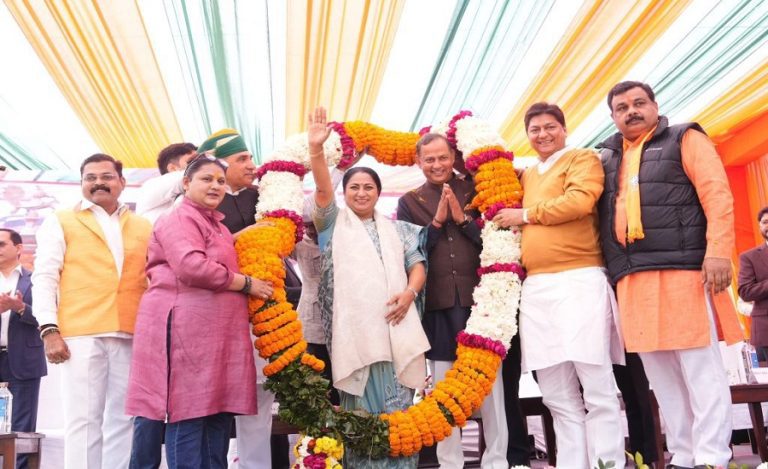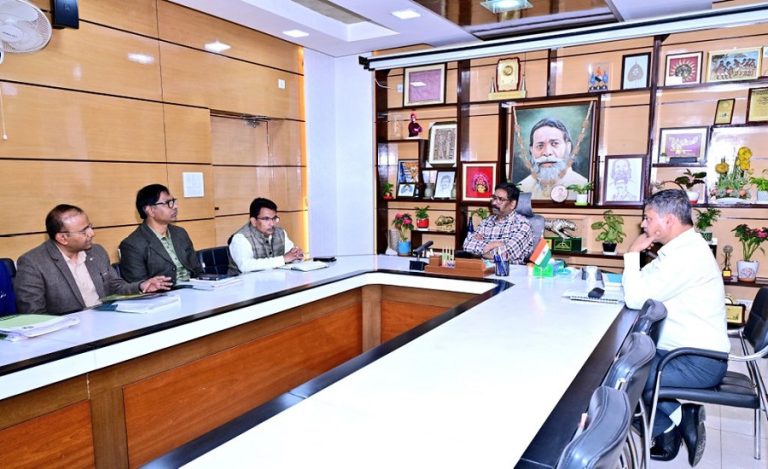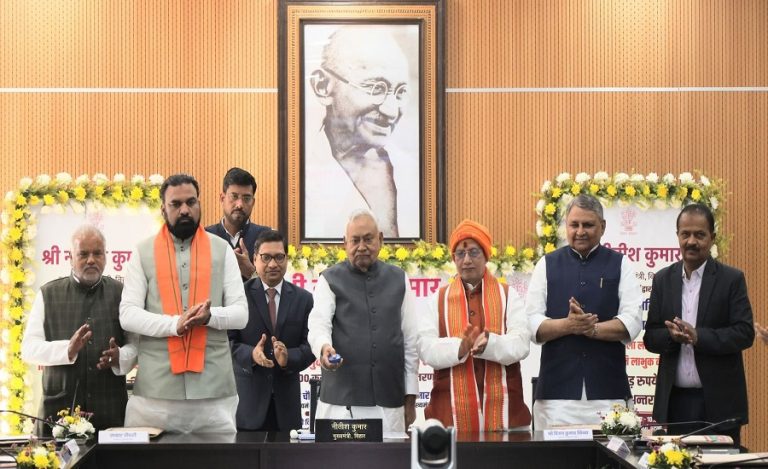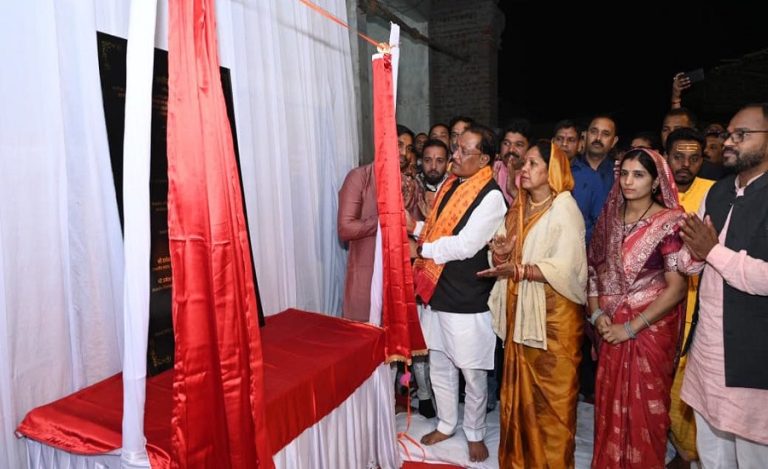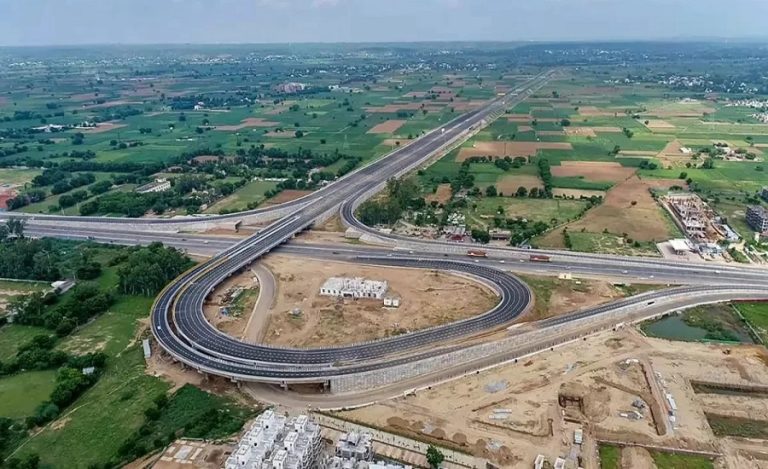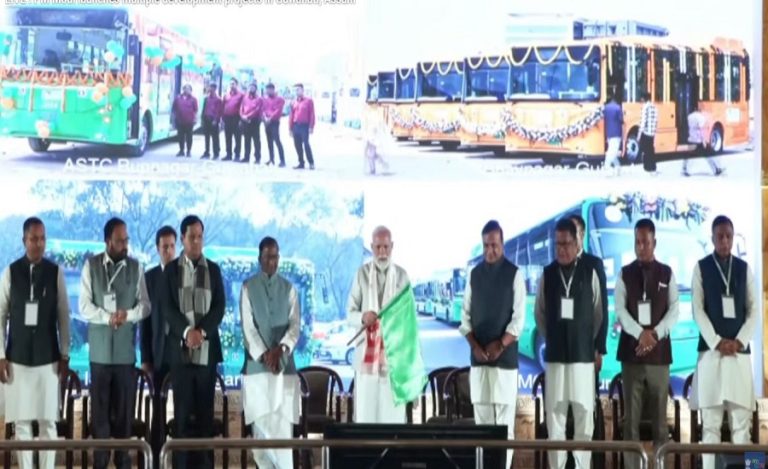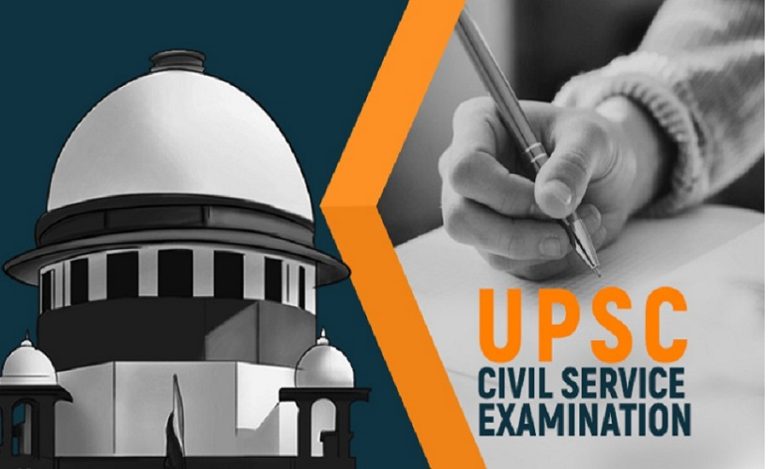As the Lt. Governor of Puducherry, I was to determine whether Raj Nivas remained a remnant of a ‘Royal Palace’, a dream destination for public officials and laypeople – one where visitors to Puducherry could get a mere glimpse outside the aesthetic iron grills painted white?
I sensed, Puducherry needed demonstrative and accessible administration. I ensured easy access to Raj Nivas with a security system in place. Since my last assignment as Special Secretary to the then Lt. Governor, Delhi, Mr. Tajendra Khanna, I had opened my office for easy access to the commoners. I knew how essential it is for any high office to serve in letter and spirit. As the Lt. Governor, I did what was needed. Open house for the laypersons in need was to be an expression of devotion and respect for the people of Puducherry. I always believed that all public institutions like Raj Nivas should prioritise people.
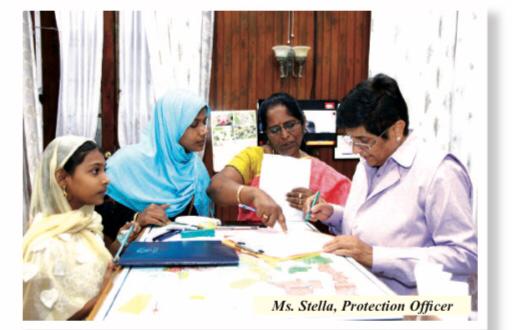
OPENING DOORS OF RAJ NIVAS TO PEOPLE
Open House, therefore, will open the doors of Raj Nivas to people. I shared the concept of the Open House with my Team in the 10:00 am meeting. They loved it. The office issued a press release notifying the people of Puducherry. We planned an effortless entry to the LG office. All petitioners for personal hearings could come to Raj Nivas, Monday to Thursday, between 4:00 pm to 7:00 pm. They could take the token number at the gate and enter. The entrants would be security checked and ushered in.
The first hour was for those who emailed my office for a personal meeting or invitation, followed by petitioners on their turn. We used the lounge of Raj Nivas for the visitors to be comfortably seated. Their complaints were recorded in the Petition Management system to keep track. While waiting for their turn, they could watch the Television; while the housekeeping staff would serve them water, green tea, and biscuits. All applicants were heard directly by me. My officers and I stood behind a chest-high wooden table. We got this table specially made to provide me with a suitable height and breadth to write on while standing and listening to the visiting petitioners.
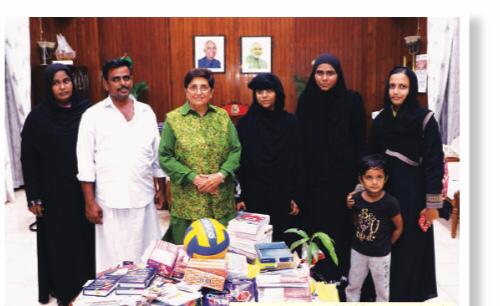
The Additional Private Secretary, G. Srinivas, assisted me from 4:00 pm to 5:00 pm for visitors, and R. Sridhar, my Private Secretary, joined in for petitioners from 5:00 pm to 7:00 pm. Both officers kept notes of deliberations for follow-ups. In the early weeks and months, hearings went on for extended periods. We were clearing a significant backlog. It was at times draining and worrying how we would meet the rising expectation from the visitors.
We endured it one day at a time while making inroads. Srinivas or Sridhar would translate for me, who spoke only Tamil. On hearing each one, we took decisions. We would either contact the concerned officer on the phone to seek the petitioner an appointment or give him a specially designed and printed reference slip to meet the officer concerned. If the matter were urgent, we would request the officer visit the Raj Nivas to understand his perspective.
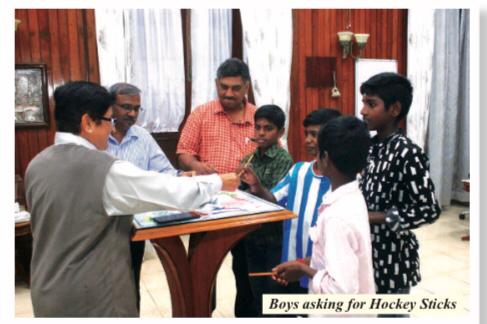
FIRST DAY OF OPEN HOUSE MEETING
I still remember the first day of our Open House meeting. The visitors included a young mother who sought our help to admit her child to a private school. A senior citizen complained about the nuisance from an arrack shop next to his house. Next came a group of young students seeking my advice to prepare for the Union Public Service Examination (UPSC). A batch of traders complained of extortion rackets and collections made by some notorious characters.
More petitions followed, and we dealt with one and all. As I was winding up for the day, a group of women came to me. They were from the Ashram guest house located 200 meters from Raj Nivas off the Promenade Beach. They complained against the placement of a police barricade, due to which any guest arriving with luggage could not drive into the Guest House. They suggested a slight repositioning of the barrier to meet the traffic requirements and remove the inconvenience caused to their visitors. They mentioned how they had been requesting the police for several months to no avail. Hearing them, I thought, why not walk across and see? No point asking for a report. Each visitor mattered. I told them, “Let us walk down and see.” I loved the walk after a long day of standing without a break. My ADC informed the Police Chief, Mr. Praveer Ranjan, to join me at the spot to examine it jointly. A few meters of adjustment of the barrier resolved the problem bringing immediate relief to the neighbourhood. The visit paid off.
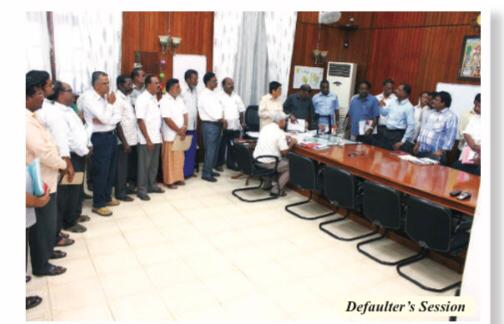
JOLTED THE SYSTEM
The sensitivity with which we responded to each petition in the Open House came as a relief to people. It also jolted the system out of its slumber. Many were hoping we would soon run out of steam when we began. On the contrary, the energy increased. We identified chronic issues that needed a multidisciplinary or ‘GatiShakti’ approach to grasp and resolve conjointly. Days and timings were scheduled for such team visits.
Morning weekend rounds concerning municipal issues got their targets from the open house. In the first six months, along with municipal and civic issues, land grabbing complaints were severe. The cheats were taking advantage of the records that remained undigitised. The system, therefore, was a den of corruption and harassment for the weak. We co-opted Ms. Stella, a Protection Officer, for responding to domestic violence and family issues. The addition of a paralegal desk taking over civil disputes provided relief to the police department. If the grievance was genuine, the objective was to respond to the appropriate domain agency.
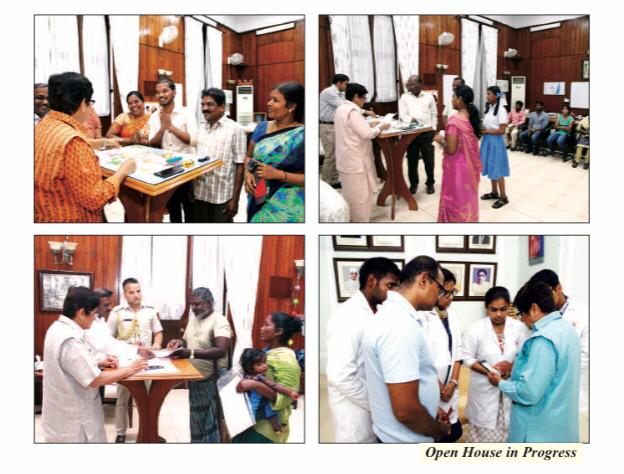
Earlier, this category of petitioners was clueless about where to go. As we progressed, we saw that the service matters were coming in considerable numbers, along with civic amenities and land disputes. We decided to keep all Thursdays exclusively for public servants. By this, they could get exclusive hearings. There was a deluge of complaints of unpaid arrears. The concerned departments had expended their gratuities, holding back increments, reimbursements, provident funds and more. Political recommendations for irregular backdoor appointments were being exposed, and so also the personnel departments that delayed promotions violated recruitment rules and temporary positions were not regularised for long. Staff on expired contracts remained engaged; approved orders not passed, files pending for want of decisions, and more.
The state of affairs was very distressing. Some came and even gave me their petition in a sealed envelope and went. The service matters fell in the domain of the Administrator. It was my responsibility to set it right. The visiting public servants gave me sufficient insight into the magnitude of the rot in the system as I heard them one by one. The Right to Information activists became proactive as they knew that Raj Nivas listened, appreciated, and acted upon their inputs. It unnerved the bureaucracy and the political establishment.
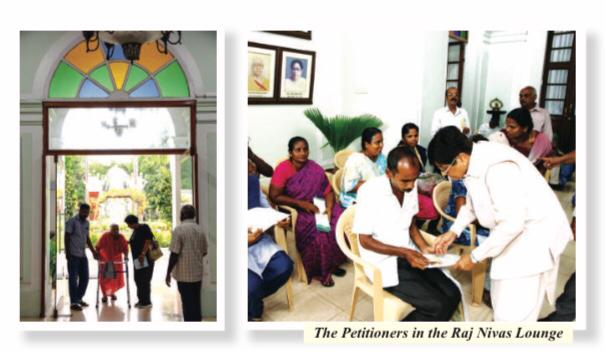
REVIVED HOPE
The Open House opened a pandora’s box and revived hope as people were willing to be patient and work along. I wondered how to deal with a below-par public service in the early months and an increasingly indifferent political establishment. I still had to build a rapport with the rank and file. There was no emotional connection yet. I was in a very detached system with a legacy of widespread nepotism. Whenever we had a recurring complaint, we arranged a meeting of the petitioner with the concerned officer/desk in the Raj Nivas lounge itself.
We held a defaulter’s session to sensitise officials and remind them that the Open House was there to stay. Therefore earlier they understood this, the better. The choice was theirs. They got the message loud and clear. The Open House started to be a house of a parent. Once when four boys came to the Open House, I asked them what made them come to me? They said their mother told them so. I asked for what? They replied that when they asked their mother for hockey sticks, she said, “Go to LG Madam; she will give you the hockey sticks.” And sure enough, they got the hockey sticks from us the very next day. Ms. Asha Gupta, Comptroller Household, arranged to deliver them the following day.
No child visiting with parents went without stationery or a small gift or even a photograph on her birthday or if he came with his medals to show me. The PRO would inform the media to share the story of winners. The Open House progressively became a catalyst in activating the need to address the people’s grievances. It sensitised the system to respond to all equally. Our perseverance brought about a remarkable change in the way people started to connect with public officials on their own. Moreover, they knew Raj Nivas would always be there as a backup.
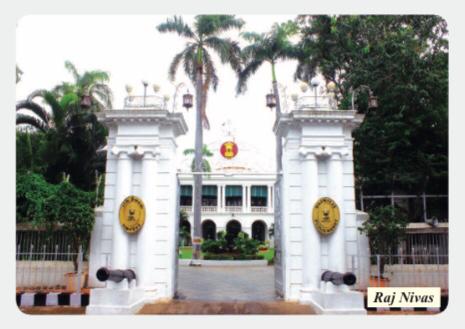
VIRTUAL OPEN HOUSE
We kept the Open House functioning amidst the Covid-19 pandemic by making it virtual. People made full use of this opportunity. Our friends in the political world kept crying foul on sustained communication till the last day of my work in Puducherry. I firmly believe that being accessible and open to listening and learning is a critical hallmark of progressive leadership, placing people at the centre of all processes.

